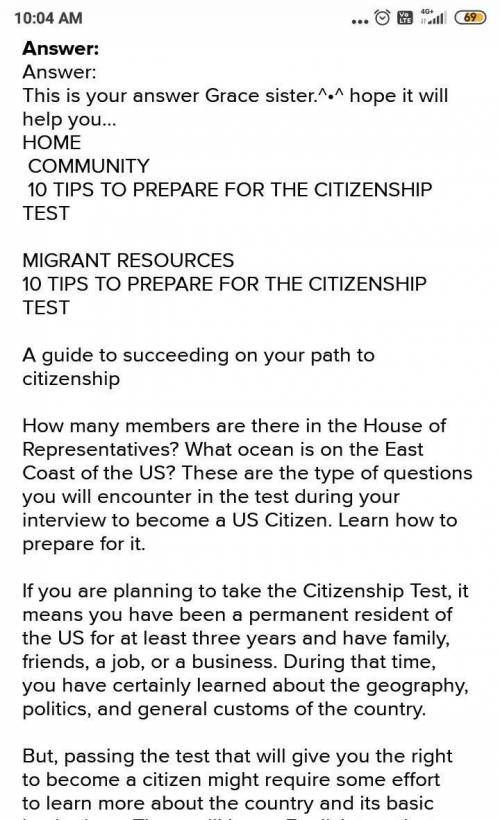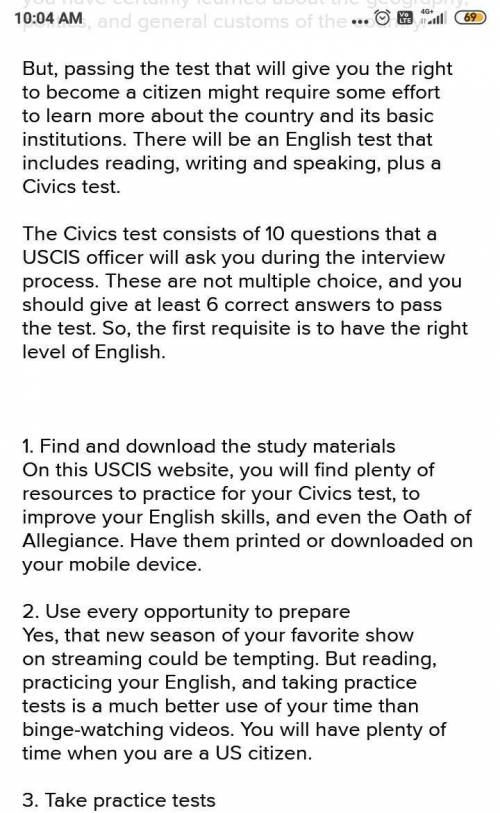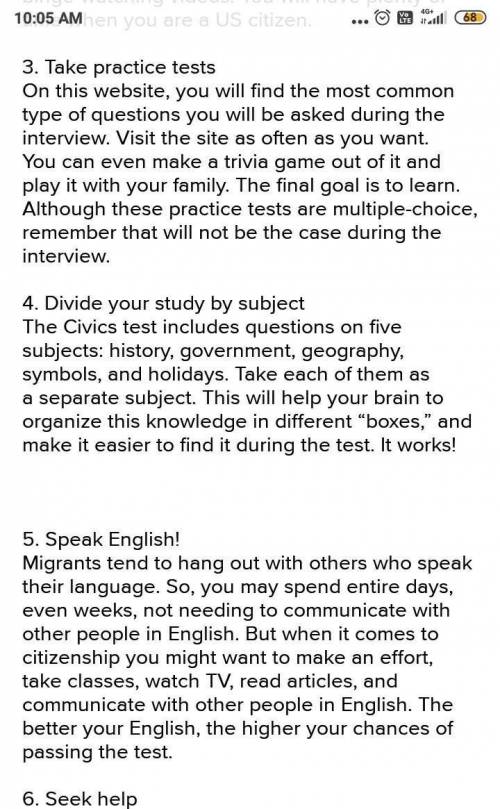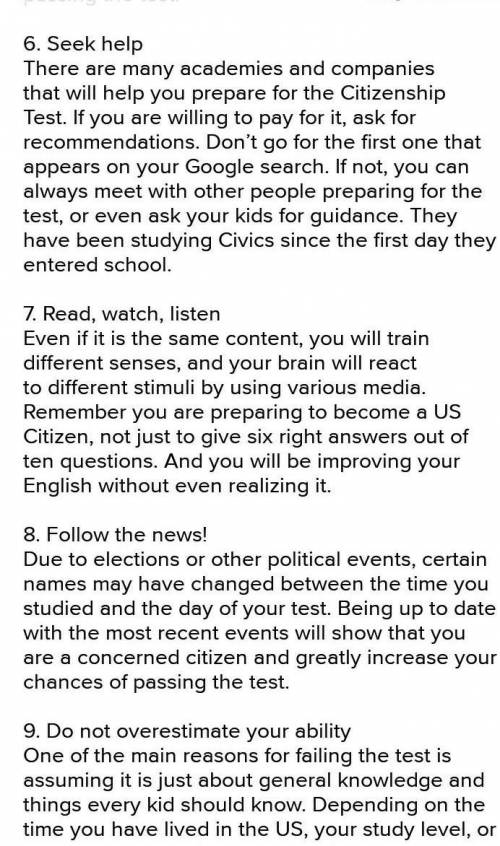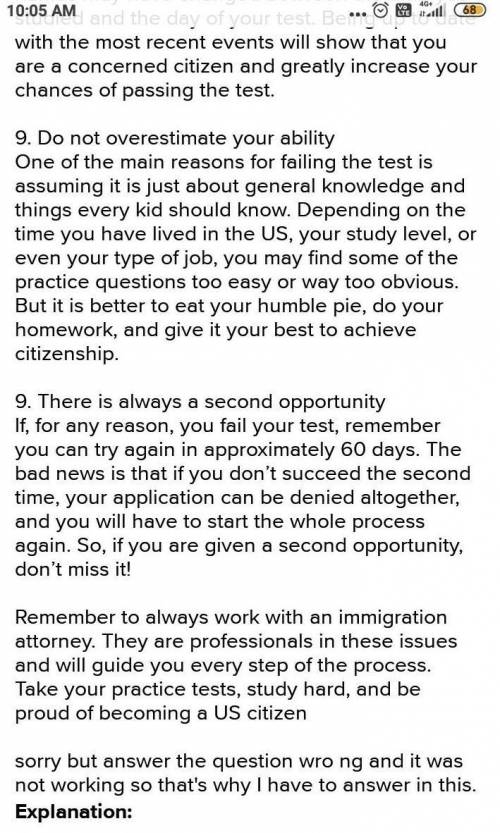
English, 16.06.2021 09:00 RealSavage4Life
Themes are the fundamental and often universal ideas that are explored in a literary work, in this case it’s Fate versus Free Will. Julius Caesar raises many questions about the force of fate in life versus the capacity for free will. Cassius refuses to accept Caesar’s rising power and decides that a belief in fate is cowardly. He says to Brutus: “Men at sometime were masters of their fates. / The fault, dear Brutus, is not in our stars, / But in ourselves, that we are underlings” (Line 140-142 act 1 scene 2). Cassius returns to a more noble attitude toward life, blaming his and Brutus’s submissive stance on their own failure to assert themselves. The play seems to support an idea in which fate and freedom have maintained a coexistence. Here Caesar declares: “It seems to me most strange that men should fear, / Seeing that death, a necessary end, / Will come when it will come” (Line 35-37 act 2 scene 2). Caesar has realized that certain events lie beyond human control; and to be in fear of them is equal to, if not worse than death itself. So perhaps to face death head-on and die bravely, is possibly Caesar’s best option: in the end, Brutus interprets his and Cassius’s defeat as the work of Caesar’s ghost—not just his apparition, but also the force of the people’s devotion to him, the strong legacy of a man who refused any fear of fate and, in his disregard of fate, seems to have transcended it. How do I add in a reference to modern day 2021, and is there anything you would change?

Answers: 3
Another question on English

English, 21.06.2019 19:00
Which of the following facts is true for the jallianwalla massacre, as discussed in gandhi's reponse to mr. pennington? a) all members gathered for the vaisakhi fair remained calm. b) general dyer made a verbal proclamation warning all members of the crowd to stay peaceful. c) children attending the vaisakhi fair were killed, d) anyone who tried to run away from the violence was able to escape.
Answers: 1


English, 22.06.2019 02:30
Which part of the story shows how kiara and tanya's differences affect their friendship? kiara and tanya were the best of friends. when they were 10 years old, they always went everywhere together. all their friends knew that if they found one of them, they would find the other. anyone who didn't know them thought that they were twins because both kiara and tanya had long, silky red hair and pale complexions. they were even similar in height and build. they were more like sisters than friends. but as similar as they were in appearance, they were just as different when it came to their personalities. this difference didn't affect their friendship, at least not for a long time. kiara always got out and participated in activities and competitions. tanya was happiest when reading a book at home. kiara was outgoing and talkative. tanya was quiet and shy. kiara was popular, and people were drawn to her because of her ability to make quick friends. tanya hardly had any friends besides kiara. as they grew older, kiara managed to make a large group of friends. tanya, on the other hand, still remained shy and reserved. this difference in their personalities eventually caused a rift between the two friends. tanya would refuse invitations to parties and movies that kiara invited her to. she just didn't want to hang out with people she didn't know that well. kiara couldn't understand why. she thought tanya disliked her friends. eventually, kiara and tanya both realized that they had outgrown one another. they still remained friends, but they were not as close as they once had been.
Answers: 1

English, 22.06.2019 04:00
Excerpt from 100% - the story of a patriot upton sinclair 10 so peter walked along, with his belt drawn tight, and his restless blue eyes wandering here and there, looking for a place to get a meal. there were jobs to be had, but they were hard jobs, and peter wanted an easy one. there are people in this world who live by their muscles, and others who live by their wits; peter belonged to the latter class; and had missed many a meal rather than descend in the social scale. 11 peter looked into the faces of everyone he passed, searching for a possible opening. some returned his glance, but never for more than a second, for they saw an insignificant looking man, undersized, undernourished, and with one shoulder higher than the other, a weak chin and mouth, crooked teeth, and a brown moustache too feeble to hold itself up at the corners. peters' straw hat had many straws missing, his second-hand brown suit was become third-hand, and his shoes were turning over at the sides. in a city where everybody was "hustling," everybody, as they phrased it, "on the make," why should anyone take a second glance at peter gudge? why should anyone care about the restless soul hidden inside him, or dream that peter was, in his own obscure way, a sort of genius? no one did care; no one did dream. 12 it was about two o'clock of an afternoon in july, and the sun beat down upon the streets of american city. there were crowds upon the streets, and peter noticed that everywhere were flags and bunting. once or twice he heard the strains of distant music, and wondered what was "up." peter had not been reading the newspapers; all his attention bad been taken up by the quarrels of the smithers faction and the lunk faction in the first apostolic church, otherwise known as the holy rollers, and great events that had been happening in the world outside were of no concern to him. peter knew vaguely that on the other side of the world half a dozen mighty nations were locked together in a grip of death; the whole earth was shaken with their struggles, and peter had felt a bit of the trembling now and then. but peter did not know that his own country had anything to do with this european quarrel, and did not know that certain great interests throughout the country had set themselves to rouse the public to action. based on the author's characterization of peter in paragraphs 10, 11, and 12, which word best describes him? a) industrious b) loyal c) patriotic d) poor
Answers: 3
You know the right answer?
Themes are the fundamental and often universal ideas that are explored in a literary work, in this c...
Questions

History, 18.03.2021 03:00

Health, 18.03.2021 03:00

Mathematics, 18.03.2021 03:00





Physics, 18.03.2021 03:00


Mathematics, 18.03.2021 03:00


Mathematics, 18.03.2021 03:00

Mathematics, 18.03.2021 03:00


Mathematics, 18.03.2021 03:00


Mathematics, 18.03.2021 03:00

Biology, 18.03.2021 03:00


Health, 18.03.2021 03:00

